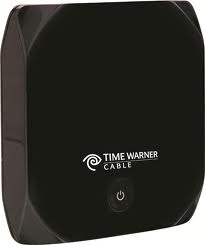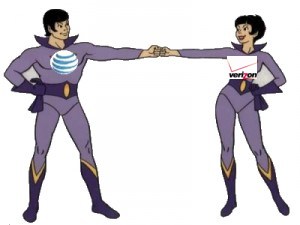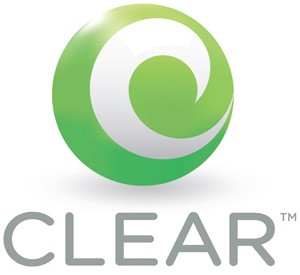New Yorkers know the end of summer is upon us when the New York State Fair opens every year at the end of August in centrally-located Syracuse. But at this year’s fair, Time Warner Cable has also made it clear the season for its 4G mobile broadband service has also come to at least a temporary end.
Fierce Cable’s Steve Donohue noticed big changes at the cable company exhibit:
When I attended the New York State Fair outside of Syracuse last year, the Intelligo mobile hotspot–which Time Warner Cable offered to subscribers through a partnership with Clearwire –was one of the hottest pieces of technology that it had on display. Time Warner Cable said that it tripled the number of 4G wireless hotspots that it sold at the fair in 2011 compared to 2010. Here in Central New York, where subscribers don’t have access to the Wi-Fi networks that Time Warner Cable, Comcast and Cablevision offer in the New York area, apparently there was a significant demand for mobile hotspots.
This year, the mobile broadband technology is all gone. Both Time Warner Cable and Comcast are no longer selling access to Clearwire’s 4G WiMAX service marketed under each cable company’s brand. Once it became clear they were partnering up with Verizon Wireless to sell each other’s products, the days of Clearwire were numbered.
Both cable companies are still supporting existing Clearwire mobile broadband customers, but for how long nobody is certain. Verizon Wireless’ products have not yet appeared on the western or central New York regional Time Warner Cable websites, but may be forthcoming soon.
Meanwhile, Time Warner’s push this year is on home automation and security. The company has been test marketing its IntelligentHome service in Rochester for quite awhile and has now expanded to other upstate areas. The service offers a respectable suite of traditional security products apps ranging from watching your pets over webcams to controlling your home’s heating and cooling system from remote locations.
In 2010, Time Warner Cable featured celebrity Mike O’Malley at the Fair to shake hands and sign autographs. This year, they have a player and “spokesmodel” from the Syracuse Crunch, a minor league pro hockey team. Time Warner Cable also hired a juggler on a unicycle to attract crowds to their pavilion.


 Subscribe
Subscribe








